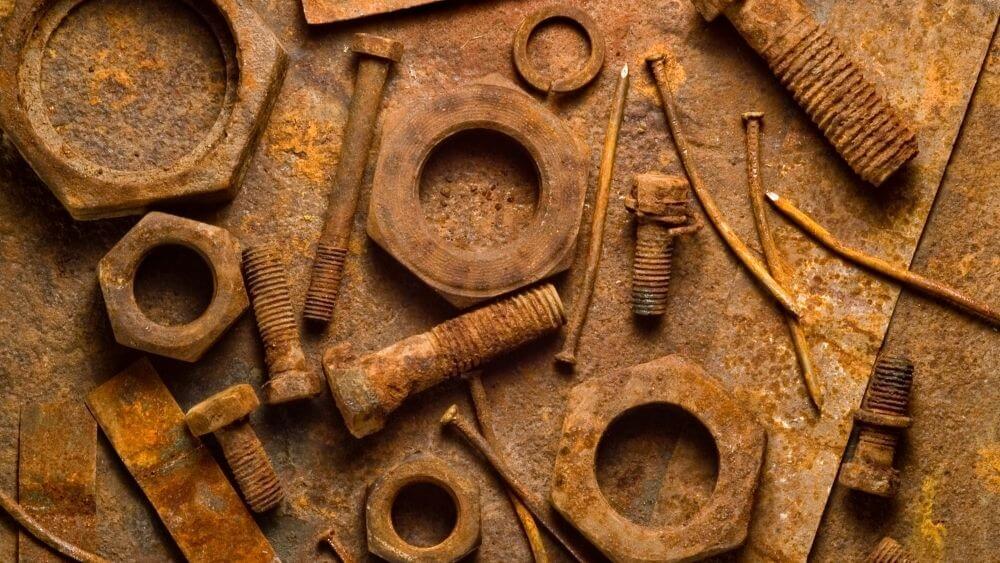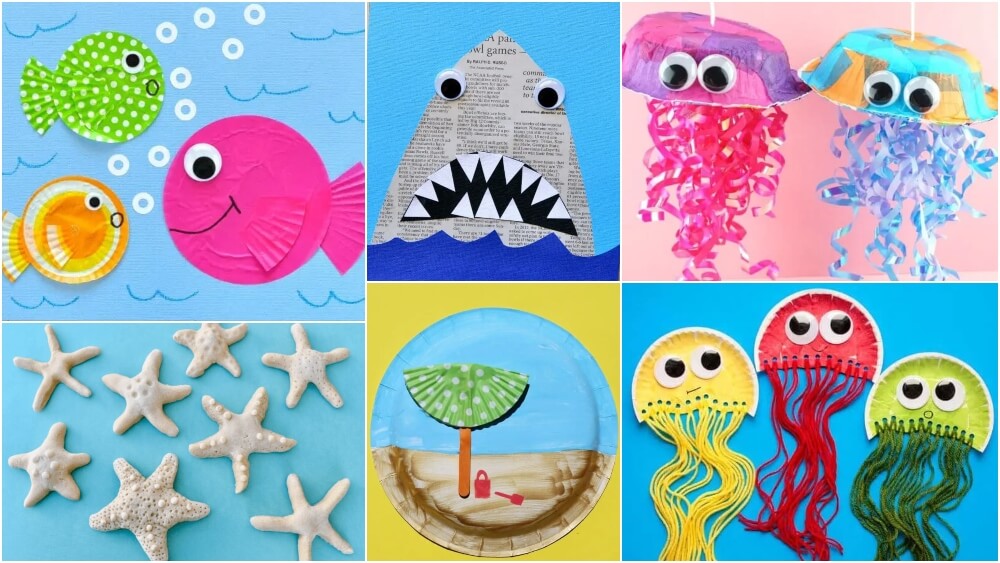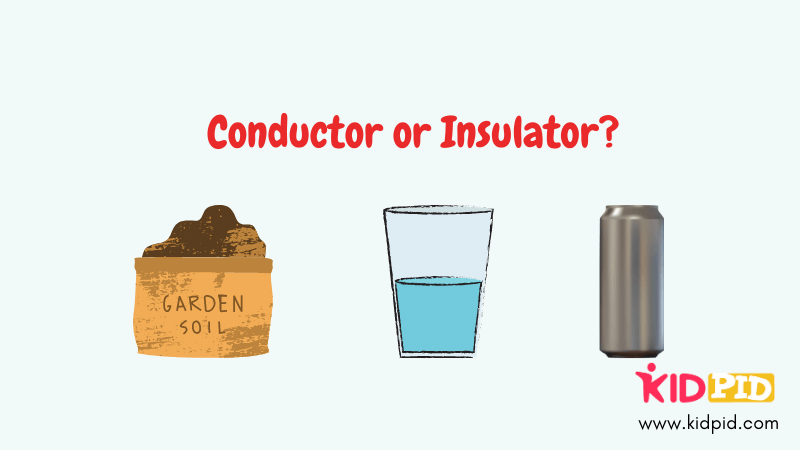Chemical Effects of Electric Current

- Metals such as copper, aluminium, Graphite are good conductors of electricity.
- Whereas Non-metals such as plastic, wood etc.. are not a good conductor of electricity.
- So, it is dangerous to touch an electrical appliance with wet hands as you can get an electric shock.
- Bismuth is an exception as it is the only metal which does not conduct electricity.
- Graphite is the only non-metal which can conduct electricity.
- Under certain condition most materials can conduct electricity. For example: Air is a poor conductor of electricity but during lightning electric current passes through air.
Contents
Do Liquids Conduct Electricity?
- Liquids also conduct electricity.
- But only the liquid in which free ions are present and are not pure to drink conduct electricity like tap water.
- Free ions are present as acid or bases in liquid.
- Those liquids which do not have free ions in it does not conduct electricity like distilled water. Although if we mix some salt in it then it can also conduct electricity.
- But in spite of this some mineral salts are present naturally in the water which are good for human body and thus is a good conductor of electricity.
- That is why it is told to not touch electrical appliances with wet hands.
Electrode:
- An electrode is a conductor through which electricity enters or leaves.
- Electrodes are dipped in Liquids.
LED:
- The full form of LED is Light Emitting Diode.
- It is a semi-conductor device.
- It is available in various colours.
- It glows or we can say emits light when electric current is passed through it.
- It will also glow when a small amount of current is passed through it.
- Nowadays LEDs are used at bulbs because it consume less electricity.
Chemical Effects Of Electric Current:
- The electric current which occurs in a conducting solution do causes chemical reactions.
- One of the symptoms of chemical reactions is that there is a change in colour.
- Other one is formation of bubbles all over the solution.
- The very common example of chemical effects of electric current is that water gets dissociated into oxygen and hydrogen.
- This oxygen gets connected to the positive terminal and the hydrogen gets connected to the negative terminal.
Electroplating:
- The process by which a metal gets deposited on another material by means of electricity is known as electroplating.
- The layer of metal deposited has some properties which the other material lacks to make it useful.
- For example: gold is used as a deposition in making of jewellery items , chromium plating is done as chromium does not corrode etc..
- Some of the objects which are electroplated are bottom of kitchen utensils, tin cans, artificial jewellery items etc..






Responses